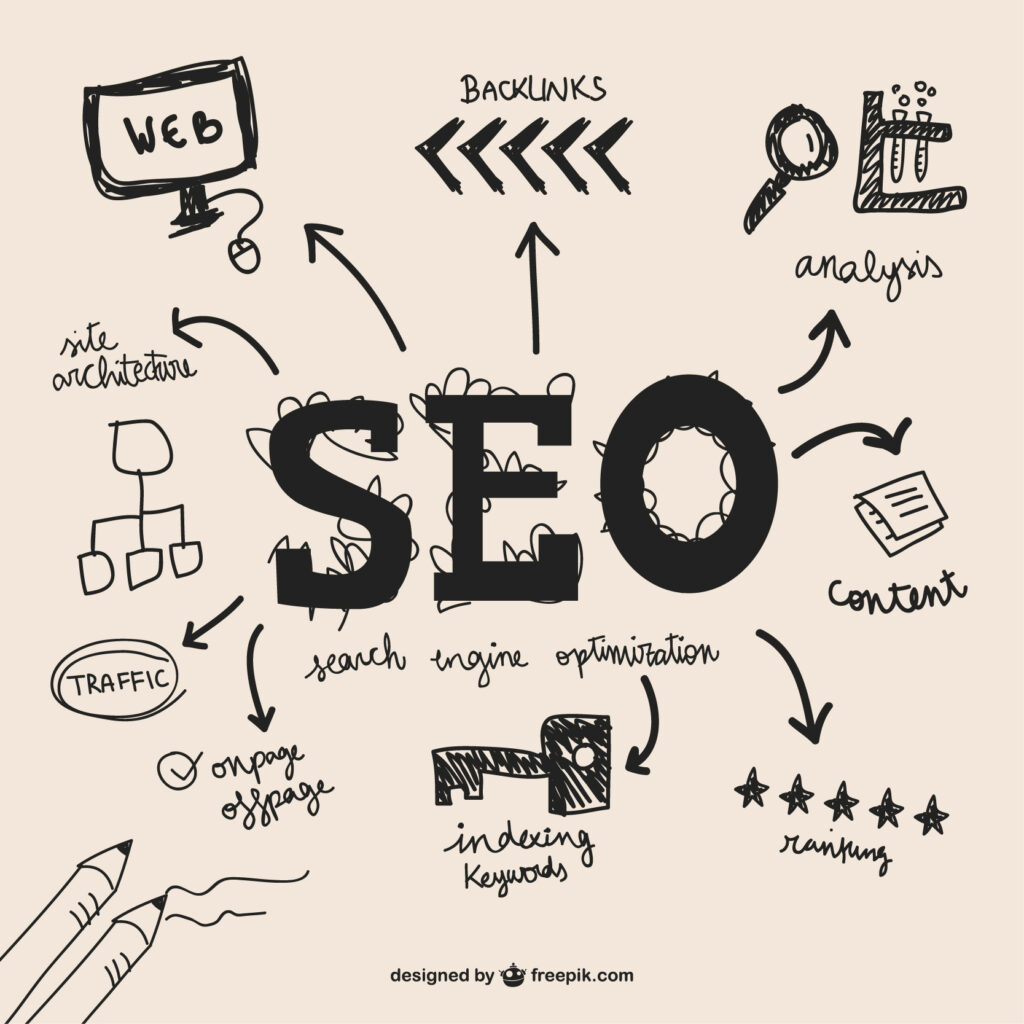Search is changing fast. Perplexity’s Comet (Beta Stage) and OpenAI’s upcoming browsers are going to redefine how brands interact with customers, how search will evolve, and the fate of traditional browsers. LLM SEO is becoming the next big thing for SEO professionals, marketing agencies, and brands who want to target the AI-savvy generation of today and tomorrow.
According to a Statista report in June 2025, Reddit has emerged as the most cited source for AI searches. The report aimed to demonstrate the growing importance of user-generated content in the LLM era. You need LLM SEO to prepare and update your content to be found, cited, and used by AI tools, Agentic AI, and more.
Top Ten Most Cited Sources in LLM Related Searches (June 2025)
| Sources/Platforms | AI-Related Search Citations (Percentage) |
| 40.1% | |
| Wikipedia | 26.3% |
| YouTube | 23.5% |
| 23.3% | |
| Yelp | 21% |
| Meta’s Facebook | 20% |
| Amazon | 18.7% |
| Tripadvisor | 12.5% |
| Mapbox | 11.3% |
| OpenStreetMap | 11.3% |
(Source: Times of India)
Let’s delve deeper into LLM SEO, exploring everything you need to know, and discover why a simple blue link in a classic SERP is no longer sufficient in the following sections.

What is LLM SEO?
LLM SEO is search engine optimisation for large language models such as OpenAI’s ChatGPT, Perplexity, Gemini, etc You need to update and optimise content that’s:
- Readable and authoritative for an LLM to extract, summarise or quote
- Well-structured (clear headings, concise facts, schema and structured data) so AI can parse intent and entities
- Attribution-ready, meaning the content includes clear sourcing, timestamps and brand signals so answer engines know where to link back.
Note: LLM SEO doesn’t replace classic SEO; it extends its scope. Search Engine Optimisation is evolving into Search Everywhere Optimisation, encompassing Google, AI platforms, YouTube, Social Channels, and more.
You still need great UI/UX and crawable pages along with content that AI can confidently cite and use in search responses on ChatGPT, Google Overviews, and other places.
Why this shift matters now.
This shift towards optimisation for large language models is happening because;
AI in Search: Big platforms like Google and Microsoft have added generative AI directly into search (Google’s AI Overviews/SGE, Microsoft’s Copilot).
Instant Answers: Users now get summarised answers right on the search page, without needing to click websites.
Conversational Assistants: People can also chat with AI tools that pull info from multiple sources at once.
Higher Engagement: Google reports that users engage more when AI Overviews show up in search.
Wider Integration: Microsoft is rolling out Copilot not just in search, but also across its browser and apps.
Legal Pushback: Publishers and rights-holders are raising concerns about AI using copyrighted content, pushing the industry to focus on attribution and licensing.
Key Trends Shaping Large Language Models SEO (Sept 2025)
Search Everywhere (Search-Everywhere Optimisation)
Search is no longer just search engines; it’s apps, e-commerce sites, social platforms, voice assistants, and AI copilots. Digital marketers and SEO professionals must optimise for “wherever users ask,” including product detail pages, community posts, knowledge panels, and conversational snippets. This cross-platform visibility approach is now often called “Search Everywhere.” (Source: Forbes)
E-E-A-T + Brand Signals are more critical
When AIs synthesise answers, they prefer sources with evident expertise, experience, author identity, and strong brand signals (citations, long-standing domain reputation). Practically, that means more visible author bios, transparent sourcing, and content that demonstrates first-hand experience.
Google’s guidance on core updates still stresses quality; in the generative era, brand trust matters even more. (Source: Google Search Central)
Structured Data and Machine-readable Facts
Schema, JSON-LD facts, and clearly formatted Q&A blocks make it easier for LLMs and answer engines to extract and cite exact facts, including dates, specs, prices, and processes. Structured data now functions as a translation layer between your page and AI models.
Answer Attribution & Licensing Debates
Publishers losing referral traffic to AI summaries has led to lawsuits and licensing conversations (e.g., recent suits against AI answer engines). Expect evolving policies and potential paid licensing models for source content. This influences how businesses weigh free visibility vs. protecting IP.
New Content Formats and Workflows
Teams are producing “AI-friendly” content: concise evidence-backed summaries, data-first pages (tables, bullet facts), and content bundles designed to be recomposed into answers. SEO workflows now include training LLMs (via APIs or custom models) on branded corpora for controlled, brand-safe responses. Forrester and other analysts advise marrying data strategy with generative AI plans.

How to Optimise Content for LLM SEO: A Checklist.
- Use clear headings and short paragraphs; highlight facts (dates, numbers, definitions).
- Add structured data (Article, FAQ, Product, HowTo) and machine-readable metadata.
- Surface author credentials, sourcing, and publication timestamps.
- Create concise “sourceable” summaries at the top of pages (TL;DR + bullet facts) — ideal for AI snippets.
- Monitor referral traffic and queries that formerly drove clicks — legal and UX changes may shift where users go next.
The Future of LLM SEO: What to Plan for.
- Diversify discovery channels: Don’t rely on one platform; optimise for e-commerce, social, app search, and assistant integrations.
- Invest in brand and data assets: Unique datasets, proprietary research, and strong brand verification will help your content be chosen and attributed.
- Negotiate content-use terms: Monitor licensing developments and partnerships with AI platforms, as they may emerge as revenue/protection channels.
- Measure new KPIs: Track “answer impressions,” branded attribution in AI responses, and downstream conversions from assistant interactions, not just organic clicks.
Conclusion
The phrase “search engine” is expanding into a network of AI copilots, apps and platforms. Treat LLM SEO not as a replacement of classic practices but as a necessary evolution: clearer facts, stronger attribution, and platform diversification. Build content that people trust and that machines can confidently reuse; that’s the future of discoverability.
Frequently Asked Questions
Is LLM SEO different from traditional SEO?
Yes, it builds on traditional SEO but adds priorities for machine-readable facts, concise summaries, and explicit attribution so large language models will use and cite your content.
Will LLMs replace organic traffic?
Not entirely. Some queries will be answered on the spot (reducing clicks), but well-attributed content and strong brand signals can still drive traffic and conversions — and licensed partnerships may restore value.
Which content types work best for LLM SEO?
Concise answer pages, FAQs, data tables, how-tos, and authoritative research pieces with explicit metadata — these are easiest for LLMs to parse and cite.
Do I need to pay for platforms to be included in AI answers?
Not yet universally, but expect commercial/licensing conversations to increase. Follow publisher-platform negotiations closely.
Where should I start today?
Begin by structuring existing content (headings, summaries, schema), adding author and sourcing signals, and measuring assistant/AI impressions in analytics. Then create a plan for unique data and brand assets.
